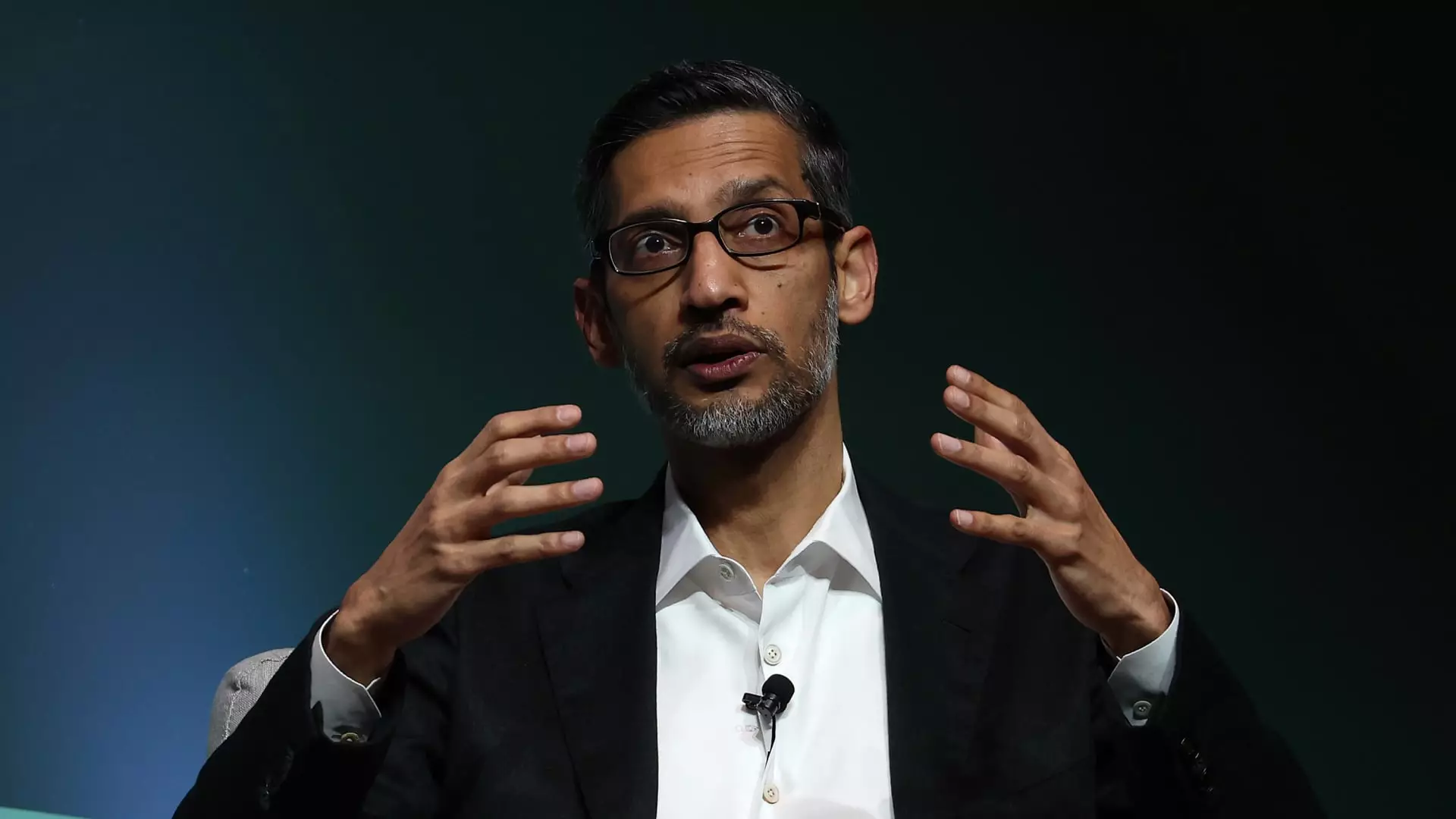In a surprising move within the tech industry, Wiz, a cybersecurity startup founded in 2020, has opted to walk away from a monumental $23 billion acquisition offer from Google. This deal would have represented the largest acquisition in Google’s history and an extraordinary leap in Wiz’s valuation, nearly doubling it from $12 billion to a staggering $23 billion. However, in a candid memo to employees, Wiz co-founder Assaf Rappaport indicated that the company would instead focus on pursuing its original plan for an initial public offering (IPO) and achieving $1 billion in annual recurring revenue. This decision raises essential questions about the future direction of tech acquisitions and the strategic choices startups must navigate amid competitive market pressures.
Wiz’s decision to decline such a lucrative offer cannot be attributed solely to the allure of an IPO. According to sources close to the situation, concerns about antitrust regulations and investor apprehensions regarding the potential ramifications of such a deal significantly influenced Wiz’s choice. The tech landscape has become increasingly scrutinized by regulators wary of monopolistic practices, and aligning themselves with a behemoth like Google could have placed Wiz under a stringent microscope. Additionally, standing firm against such a substantial offer suggests a belief in their intrinsic value and future growth potential, an attitude that resonates deeply in the volatile startup environment.
In his memo, Rappaport articulated that the rejection of Google’s offer was a strategic decision aimed at accelerating the company’s own growth trajectory. The statement indicates a commitment not only to continue scaling Wiz but also to explore the possibilities of gaining independence through an IPO, a goal that was set well before the acquisition discussions came to light.
Wiz’s impressive growth trajectory amid the ongoing COVID-19 pandemic—where businesses rapidly shifted to cloud-based solutions—underscores the emerging importance of security software in the tech ecosystem. Their cyber defense capabilities span major cloud service providers such as Amazon, Microsoft, Google, and Oracle, making them a vital asset for large organizations. The heightened demand for robust cybersecurity solutions has placed Wiz in a favorable position, especially as corporate clients increasingly recognize the risks associated with moving data to the cloud.
In the broader context, Google’s cloud segment, while having reached profitability in 2023, continues to face fierce competition from tech giants like Microsoft and Amazon. These companies are equally invested in expanding their cybersecurity offerings, which adds another layer of complexity to the competitive landscape. For Google, acquiring Wiz would have bolstered its defenses against Microsoft, which offers an array of security solutions as well.
The drop-out from the Wiz-Google deal presents a notable disappointment for venture capital firms, including Index Ventures and Sequoia Capital, that have significant stakes in Wiz. These firms often rely on high-value exits, particularly in sectors that have attracted multibillion-dollar funds in recent years. The current climate, marked by regulatory uncertainties and hesitant startup IPOs, complicates the landscape for both investors hoping for lucrative returns and startups weighing their options.
Brendan Burke, a senior analyst at PitchBook, points to the challenges facing high-stakes funds that require outcomes exceeding $10 billion to ensure returns. With few high-value exits observed lately, the Wiz situation poses a deeper dialogue about the sustainability of investment strategies and the evolving nature of technology acquisitions.
Despite the recent setback, Wiz’s performance has been noteworthy. Achieving $100 million in annual recurring revenue within just 18 months and reportedly hitting $350 million in 2023 demonstrates not only market acceptance but the platform’s viability in a sector rife with competition. Rappaport’s prior experience with the successful sale of their previous security venture to Microsoft illustrates the founding team’s capability to navigate complex industry dynamics.
Looking ahead, Wiz’s ambition to list publicly signals confidence among its leadership regarding future growth and revenue. With the tech market continuing to adapt and evolve, the push for an IPO provides Wiz with an opportunity to stand apart from competitors, attract new investors, and solidify its market position.
In essence, Wiz’s refusal of Google’s acquisition offer serves as a significant milestone in the tech industry’s evolving narrative. It reflects a broader tension felt by many startups operating at the intersection of innovation and regulatory caution. By prioritizing its IPO aspirations over a lucrative acquisition, Wiz emphasizes independence and long-term growth strategy, setting a precedent for other startups weighing similar decisions. As the tech scene continues to navigate its complexities, the choices made by companies like Wiz will undoubtedly influence future trajectories within the industry.


Leave a Reply